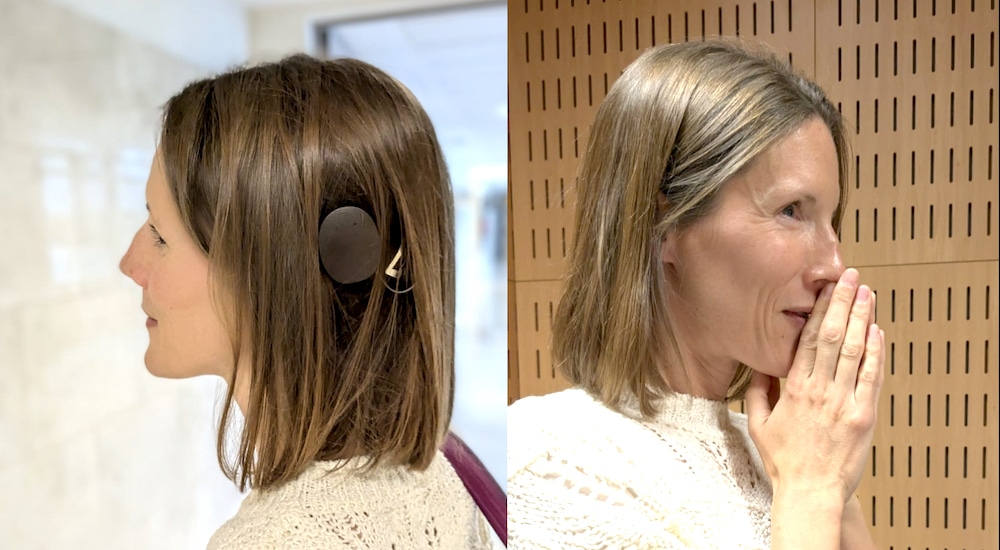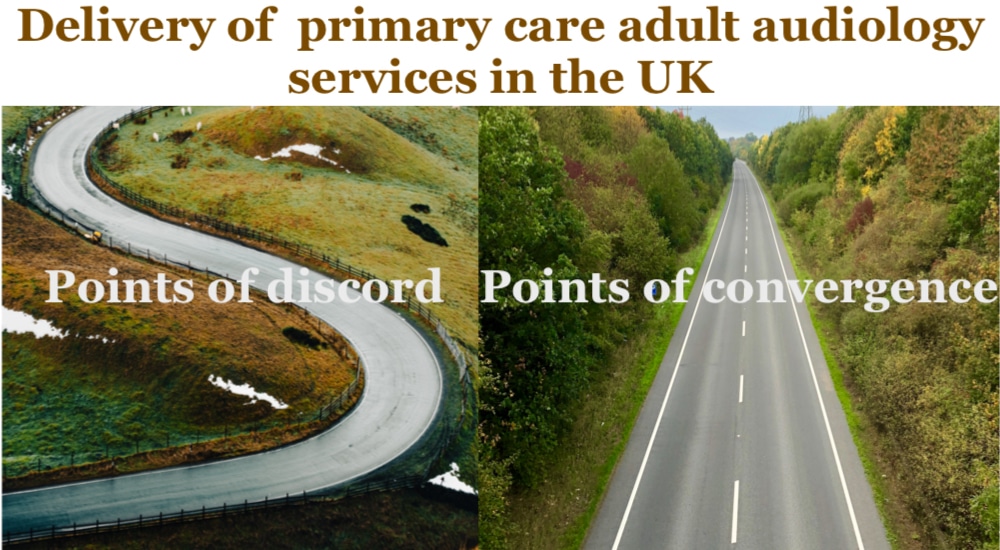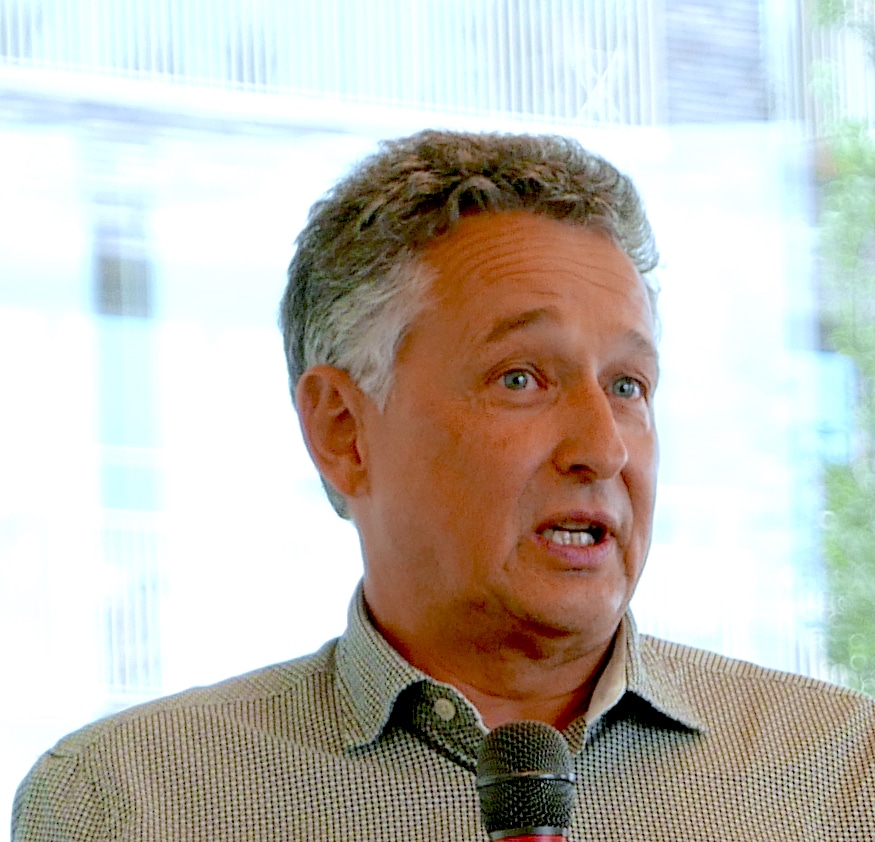HARD OF HIRING: UK audiology recruitment crisis Part One - Facts and figures
The UK is one of many countries facing a growing hiring crisis in audiology. What are the numbers? Why is it happening? Where are the solutions? Read opinions from the industry, profession, and academics in this serialised Audiology Worldnews focus on a crisis point for hiring in hearing.

Hiring a talented audiology workforce for the UK has never been so hard. Doors are open in both public and private sectors, but the numbers and quality that should be going through them and into successful careers is significantly in decline.
Against a national backdrop of economic woes, and a reported 47,000 unfilled nursing positions in the jobs market, trouble of this kind looms large and potentially long-lasting. Managers at many levels, as well as owners of independent practices whose businesses can me made or broken by recruitment decisions, are making anxious noises. And leaders of the profession are amplifying those moans.
Between them all, they decry a long list of flaws and failures that include the UK Government’s negligence of the hearing health area, scarcity of finance and vision, poor planning, education cuts and changes, a disjunct among representatives of the profession and, and the inevitable absence or poor use of funding.
Perhaps, more than its complexity, what makes the crisis even more daunting is that solutions are barely in motion despite there being broad agreement on what the problems are, where they come from, and that responsibility for addressing them is shared by everyone.
What figures are there to quantify the workforce problems?
In Part Two of this serialised long read on UK audiology’s recruitment crisis, Sam Lear, President of the British Academy of Audiology, informs us: “BAA’s members are telling us that there are difficulties with the audiology workforce which are ongoing and worsening. NHS Audiology waiting times have continued to rise, quality of provision is variable, and uptake of IQIP (Improving Quality in Physiological Services) accreditations continues to fall, largely because of capacity.”
Courtesy of the BAA Sam Lear, President British Academy of Audiology
Lear furnished the following figures, which illustrate how serious a problem UK audiology faces:
- NHS workforce data suggests that 50% of Band 7+ are over 50 years old, but NHS also losing staff <30 p=>.
- BAA surveyed Heads of services in 2021 and 2022 and found that half of services reported a decline in staff since 2019. 65% of services have vacancies. 54% had advertised a post more than once and not been able to appoint.
- Data from the London region revealed an attrition rate of 45% of audiology graduates, within five years.
The National Deaf Children’s Society annual survey of paediatric audiology services in 2022 reveals a decrease of 13% in FTE audiology staff, and an increase of 20% in vacant positions since 2017. (ref: NDCS (2023) Listen Up survey of paediatric audiology services 2022 – due for publication in Feb 23)
Newly published data from the Health and Care Professions Council (HCPC) on New registrant retention rates 2014-2018: Hearing Aid Dispensers, shows that after two years, 95.7% (95% CI: 94.3 to 96.8) of new Hearing Aid Dispensers remained on the HCPC register, and after four years 91.1% (95% CI: 89.2 to 92.7) remained registered.
In its analysis, the HCPC concludes: “The vast majority of new UK route Hearing Aid Dispensers remained on the HCPC register four years after their first registration with around 1 in 11 having left by then.”
Professional associations in audiology face major obstacles in solving the hiring crisis
Coming up in Part Three of this focus, audilogist and former President of the British Society of Hearing Aid Audiologists, Raúl García-Medina, confirms that “the signs that alert us that these have turned into a crisis are numerous”.
He also raises valid points about job title classification in the gathering of this HCPC data, and about the general lack of useful data: “This is one of the major obstacles to planning the future of the profession: there is no quantifiable reliable data to analyse. There are only estimates of the workforce and those figures are around 3000 NHS and 1500 private sector audiologists/hearing aid dispensers. And we do not know if they are all active.
There is also the issue around the various titles, some of which are protected and some are not. Some have protected functions and some do not. Hearing aid dispensers and audiological clinical scientists have a protective title and must be registered with a statutory regulator, the Health and Care professional Council (HCPC). The figure of the audiologist as such, is not part of the HCPC regulatory framework, but the NHS as an organisation is ripe with audiologists,” argues García-Medina.
“NHS audiologists can choose to register with the Registration Council for Clinical Physiologists (RCCP), although audiologists are not legally required to register with this professional body. How can the profession know its future requirements and plan accordingly if there is no measurable data available? This is where the advocacy towards a single statutory regulator to cover all audiology professionals in a unified fashion should seriously be contemplated by The Department of Health,” he concludes.
The impact on children of a hiring emergency in audiology
In paediatric audiology, the hiring crisis can cause delays that have a “lifetime’s impact” on children with hearing loss, warns the NDCS. Beccy Forrow, Deputy Director of Campaigning and Advocacy at the National Deaf Children’s Society:
“There’s a shortage of experienced paediatric audiologists in the UK. Vacant positions remain unfilled and existing staff are cutting their hours or retiring. This is having a serious impact on deaf children. The shortage of paediatric audiologists is leading to deaf babies and children waiting too long for initial hearing tests and the fitting of hearing aids. Any delay at this crucial stage could lead to a lifetime’s impact on a deaf child’s language development and educational attainment.”
Aston University How many of the causes of audiology’s workforce crisis lie in poorly supported and organised training and education?
Hear from Starkey on how audiologists can cope with the hirinig crisis
In Part Four, the debate is joined by the industry (Tim Clark, MD for UK and Ireland at Starkey Hearing Technologies), a key education centre for audiology students (Claire Wilkes, Programme Director in BSc Healthcare Science Audiology at Aston University’s College of Health and Life Sciences), and a voice of great experience in translating research into organising and educating the audiology profession (Prof. Adrian Davis). Watch this space!
Source: Audio Infos UK issue 152 January-February 2023








